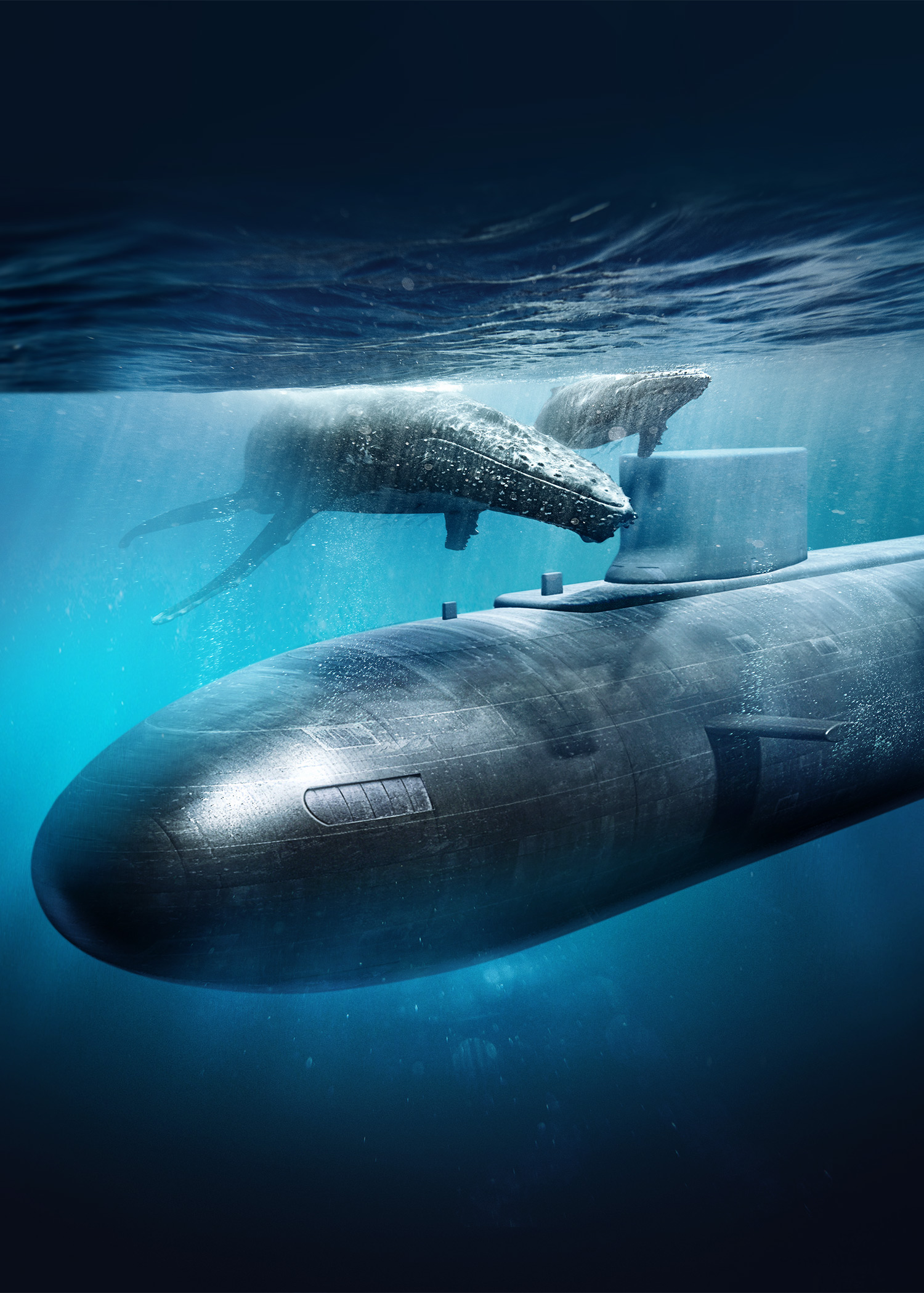

The Awkwardness of AUKUS
In a rapidly changing world, security has become more complex. At a crossroad on national security, decisions need to be made, but we can only come to them by fully understanding the past.
By Alexander Gillespie
Our former Prime Minister, Jacinda Ardern, told an audience in July 2022 that “it is grim out there”. She should have said it’s “Brothers Grimm out there”. The fairytale where the central character falls asleep and awakes years later to a fundamentally different world is where New Zealand currently is. In the background, although just a metaphor, the so-called Doomsday Clock suggests we are at “90 seconds to midnight”. This is the worst it has ever been. An unprecedented and largely untethered arms race is taking off, tensions between countries are high and many of the safeguards of a well regulated multilateral system are falling by the wayside. This situation is forcing us to make decisions that come once in a generation. A foremost example of this is whether New Zealand should join AUKUS.
AUKUS
AUKUS is the 2021 agreement between Australia, the United Kingdom and the United States for the “exchange of naval nuclear propulsion information”. It has been presented as the foundation for an enhanced security partnership linked to a “free and open Indo-Pacifi c” and a rules-based international order. As a fi rst major initiative, at a cost of hundreds of billions, Australia will start receiving nuclearpowered, not nuclear-armed, submarines. AUKUS also envisages a second pillar which will involve the sharing of information in cutting-edge defence technologies, including artifi cial intelligence, quantum capabilities and cybersecurity.

A Royal New Zealand Air Force Hercules aircraft lands in the UK ready to begin transporting donated military aid between centres in Europe. Photo: RAF
AUKUS is only part of what is going on as the security focuses of our friends change. Australia is also buying hundreds of cruise missiles and investing in technologies with long-range strike capabilities. They are also concluding or upgrading defence agreements with Japan and South Korea and have started to prepare to host up to six United States Air Force B52 bombers in Darwin. Their long-standing cooperation with the New Zealand military has recently been boosted.
Both New Zealand and Canada are exploring where they fit into this new era. Although neither has any interest in any nuclear-powered submarines, both can also see the benefit in joining AUKUS and gaining access to the next generation of weaponry from old friends. These old friends are the original intelligence alliance known as the Five Eyes. Joining AUKUS would amount to adding a joint security relationship to their portfolio.
This is not an easy choice. What is clear is that the New Zealand Defence Force (NZDF) must be fit for purpose, with cutting edge technologies, capabilities and appropriate scale wherever they are deployed. What is less clear is what may be acquired under AUKUS and what strings are attached. AUKUS is unsettling the balance of power and expanding militarisation in the region, but that unsettling was already occurring. Although the membership of AUKUS may be familiar for us, it does not reflect the very diverse region of the Indo-Pacific.
For those interested in the nuclear component, there are questions over what the implications of AUKUS are for existing non-proliferation initiatives. And for those interested in the emerging technologies such as artificial intelligence and warfare, a much-needed international regulatory framework is missing entirely.
The most important question of all is how joining AUKUS might tie into New Zealand’s existing security commitments. If America gets into a fight with China over Taiwan and our ally Australia joins and gets hit in the conflict, what do we do? The answer to this needs to be spelt out. Further, what would joining AUKUS do to our independent voice? While it is right that New Zealand must not become silent in the face of challenges which threaten many of the values or friends we hold close, equally, we must not become silent or blindly follow others. We must continue to support efforts to find peace, support arms control and seek bilateral, regional and international cooperation wherever feasible.
To answer these questions we need to look at the complex military and security situation around the world.

